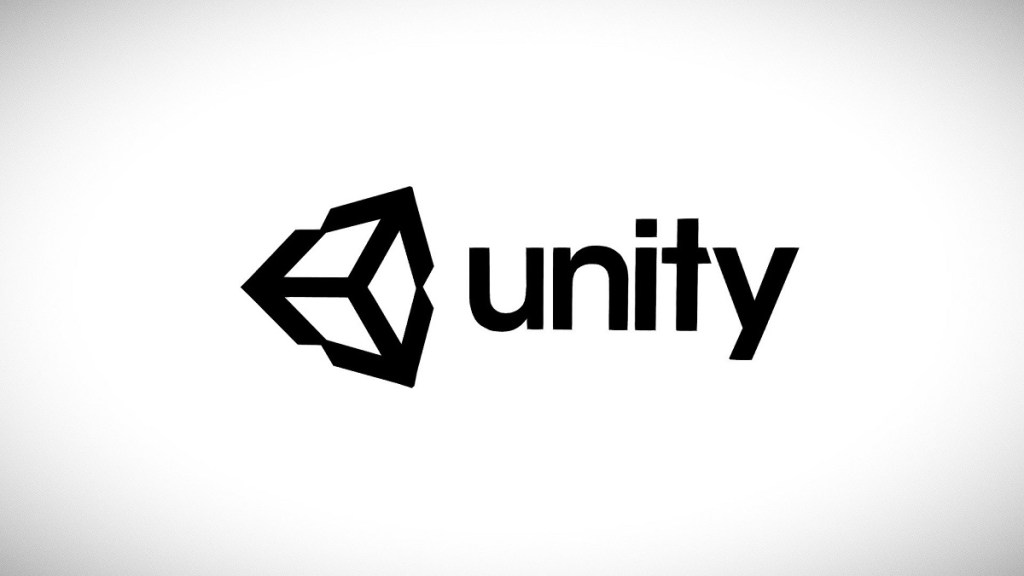Recently, Unity announced a new payment plan for studios that use the dev kit, an announcement that was met with backlash. As such, the company has issued a statement explaining more about the upcoming “Runtime Fee.”
Won’t impact most developers, apparently
After Unity announced its pricing plan that’s…











